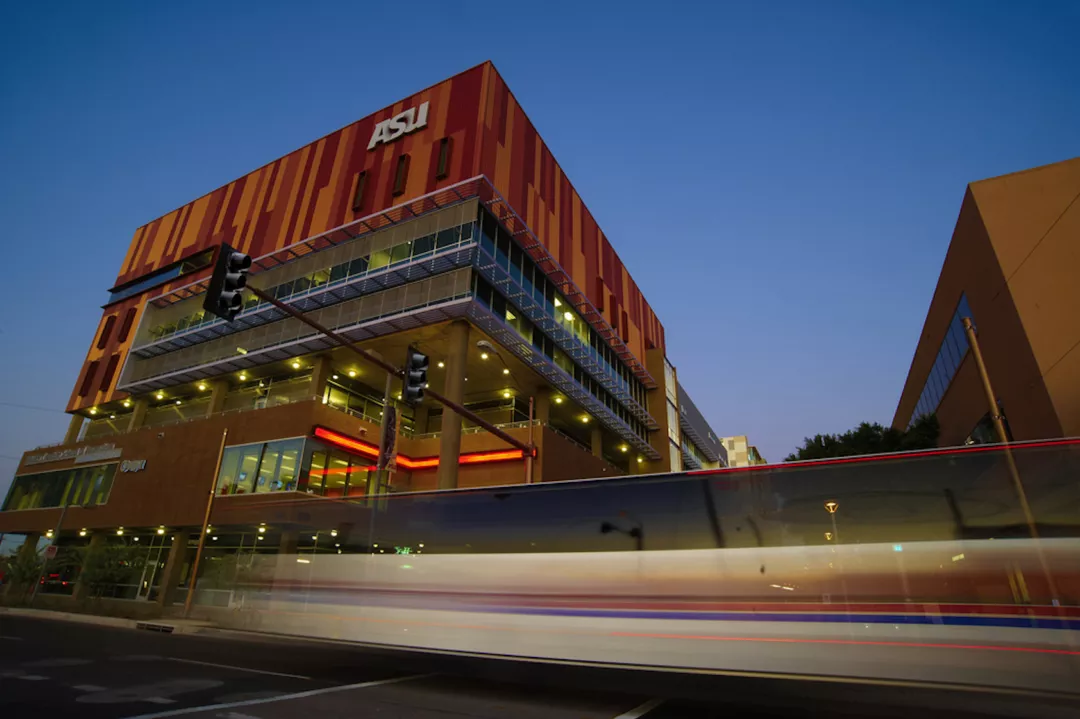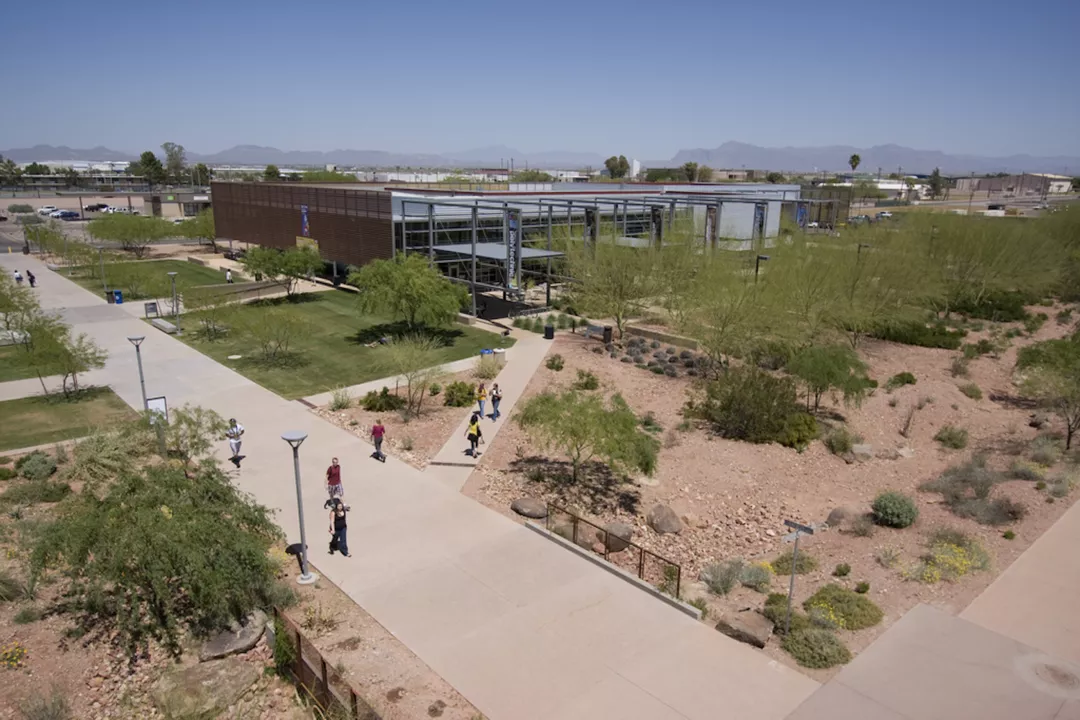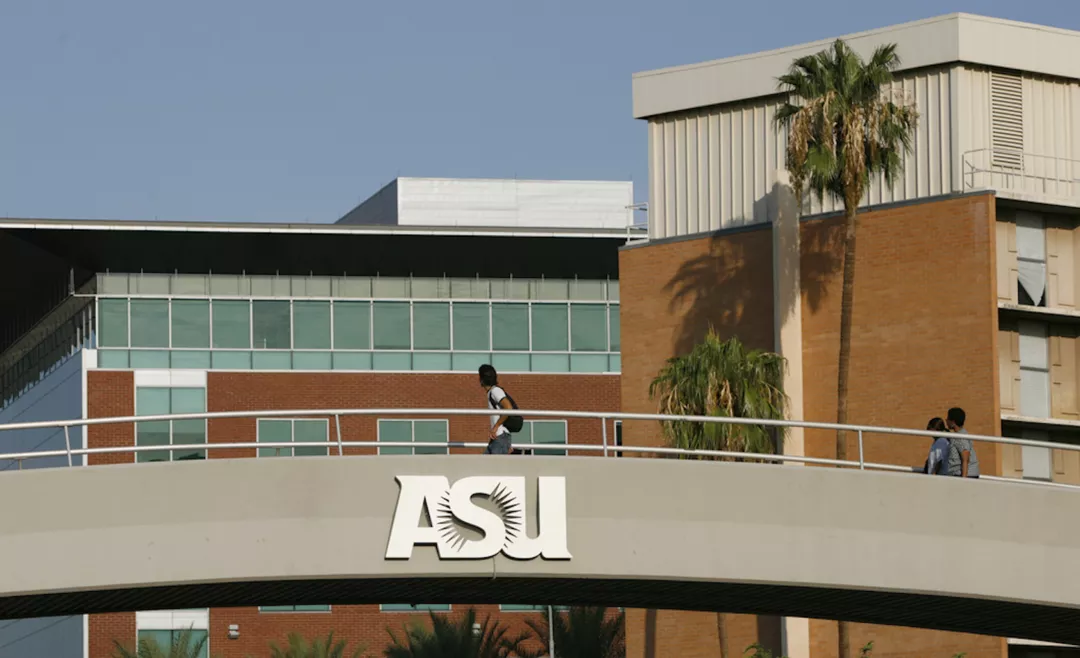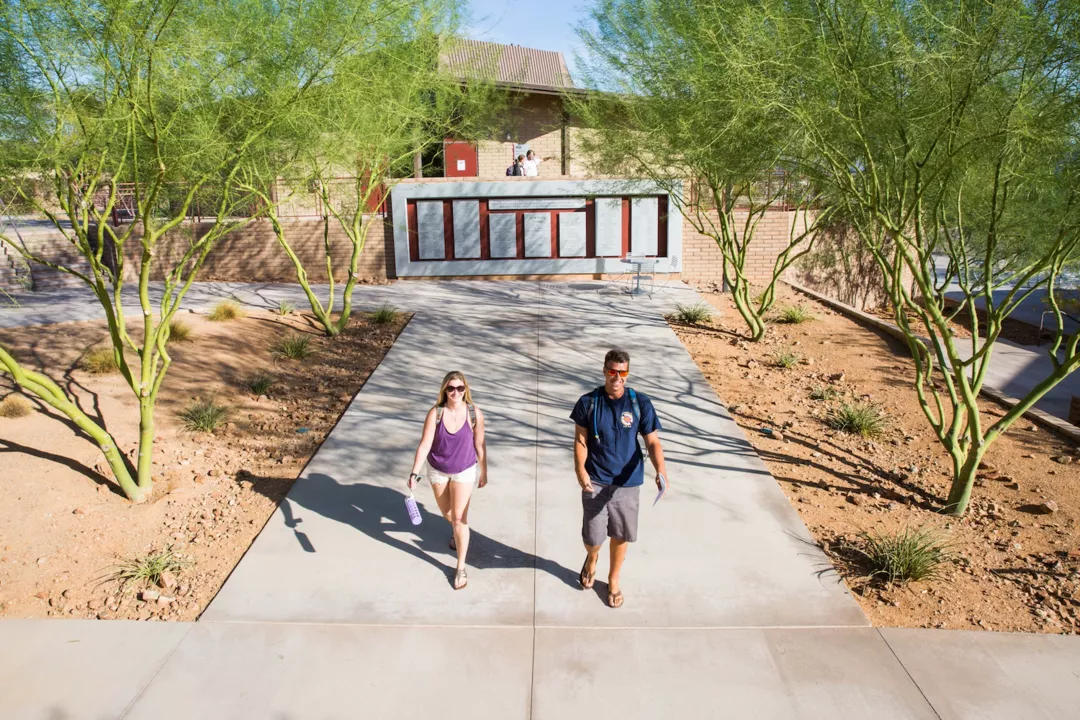-
hello@abroadcube.com
Mail us
-
Call For Help:
98779 83783
-
Whatsapp Us
70090 34921
The MA program in classical liberal education and leadership is an integrated, interdisciplinary course of study that is student-learning centered, employing the Socratic method of classroom dialogue. This Master of Arts degree program fosters a learning community of students and faculty oriented to the classical, holistic pursuit of knowledge.
The curriculum focuses on philosophy, politics, literature, ethics, economics and history. It combines theory and practice with ideas and application, incorporating inquiry about the good life with the practical challenge of leading others --- nations, societies and individuals --- in the pursuit of a way of life that accords with the precepts of justice and the ethos of humanity.
Intellectual, moral and civic education are understood to be component parts of a genuine liberal education; all are necessary for the flourishing of the individual and society. As Aristotle taught, there is no substitute for doing the right thing in the right way. This is true in how children are educated, neighbors are lived with, and nations are governed. The classical liberal education and leadership program aims to prepare the next generation's teachers, scholars, civic leaders and statesmen to meet the challenges ahead with foresight, integrity, prudence and imagination.
| Level | Masters |
| Discipline | Arts and Humanities |
| Duration | 24 months |
| Intakes | Jan, Aug |
| Application Fees | USD 0 |
| Tuition Fees | USD 25200 |
| Campus | Tempe |
| Language proficiency (minimum) | |
| IELTS | 6.5 |
|---|---|
| TOEFL | 80 |
| PTE | 60 |
| Duolingo | 105 |
| Exam proficiency (minimum) | |
| SAT | Not Required / Waiver |
|---|---|
| ACT | Not Required / Waiver |
| GRE | Not Required / Waiver |
| GMAT | Not Required / Waiver |
Minimum GPA - 77%
QS Quacquarelli Symonds is the world’s leading provider of services, analytics, and insight to the global higher education sector, whose mission is to enable motivated people anywhere in the world to fulfil their potential through educational achievement, international mobility, and career development.
THE (Times Higher Education) has been providing trusted performance data on universities for students and their families, academics, university leaders, governments and industry, since 2004. We create university rankings to assess university performance on the global stage and to provide a resource for readers to understand the different missions and successes of higher education institutions.
The Academic Ranking of World Universities (ARWU) was first published in June 2003 by the Center for World-Class Universities (CWCU), Graduate School of Education (formerly the Institute of Higher Education) of Shanghai Jiao Tong University, China, and updated on an annual basis
The "Webometrics Ranking of World Universities" is an initiative of the Cybermetrics Lab, a research group belonging to the Consejo Superior de Investigaciones Científicas (CSIC), the largest public research body in Spain. CSIC is among the first basic research organizations in Europe. The CSIC consisted in 2006 of 126 centers and institutes distributed throughout Spain.





